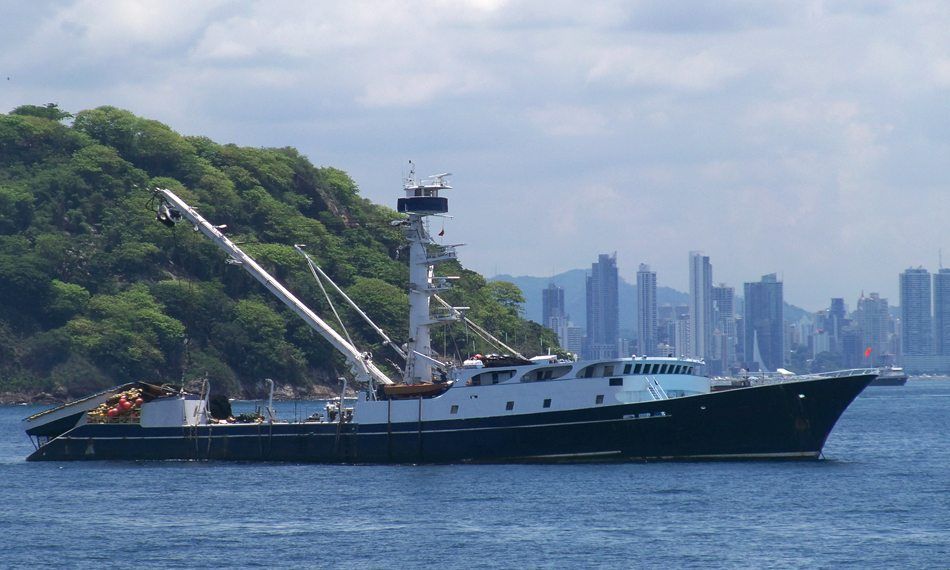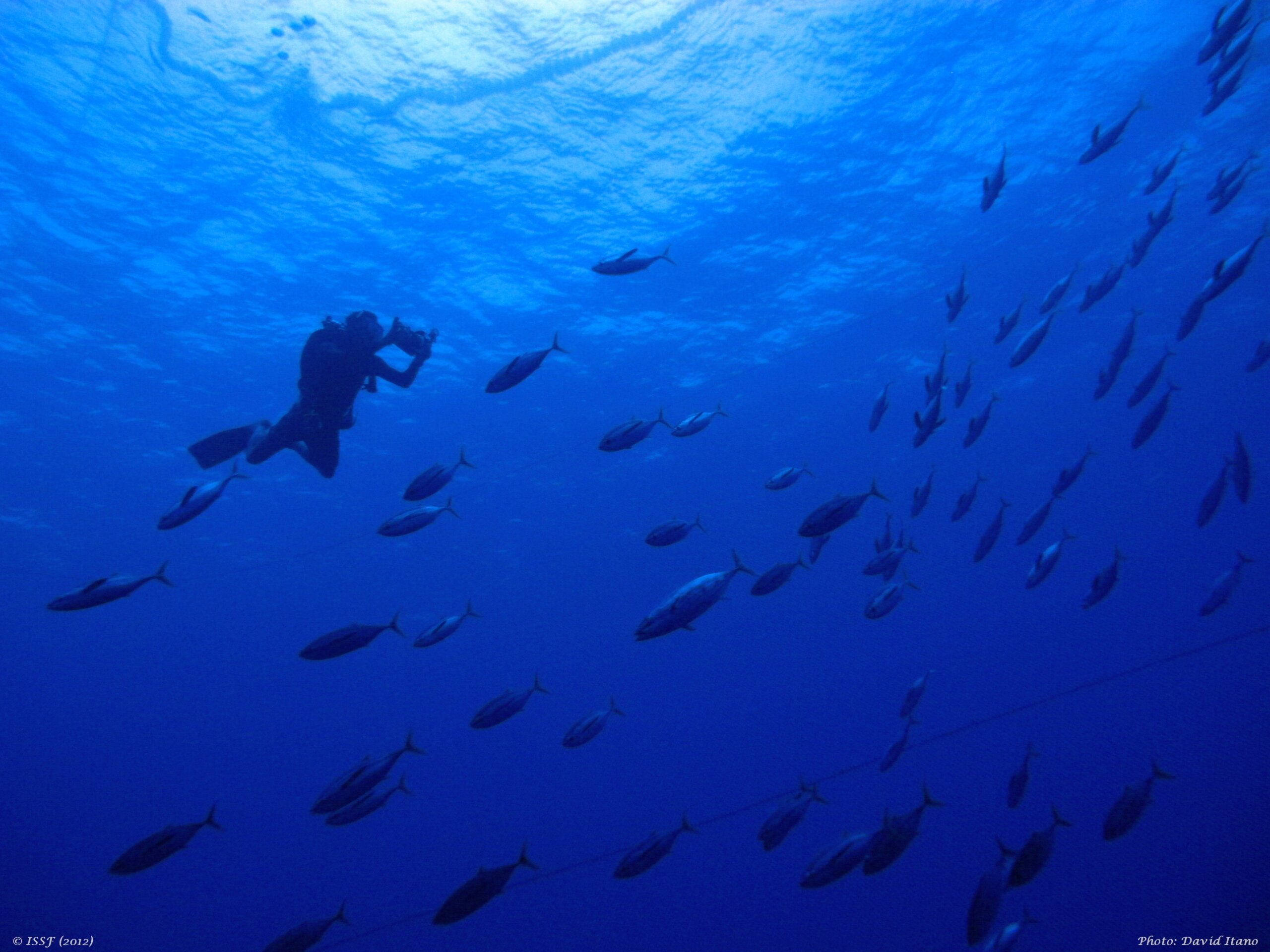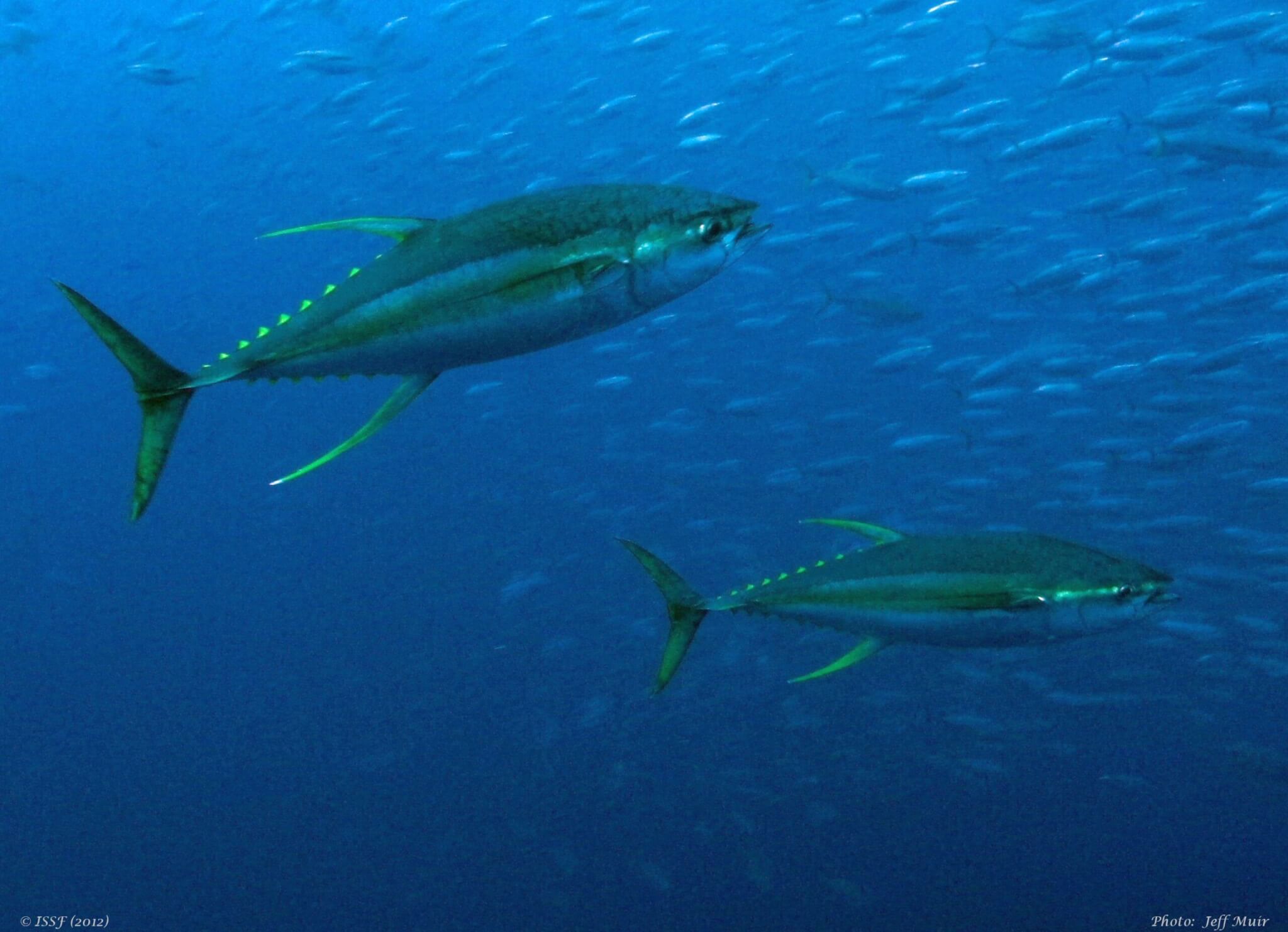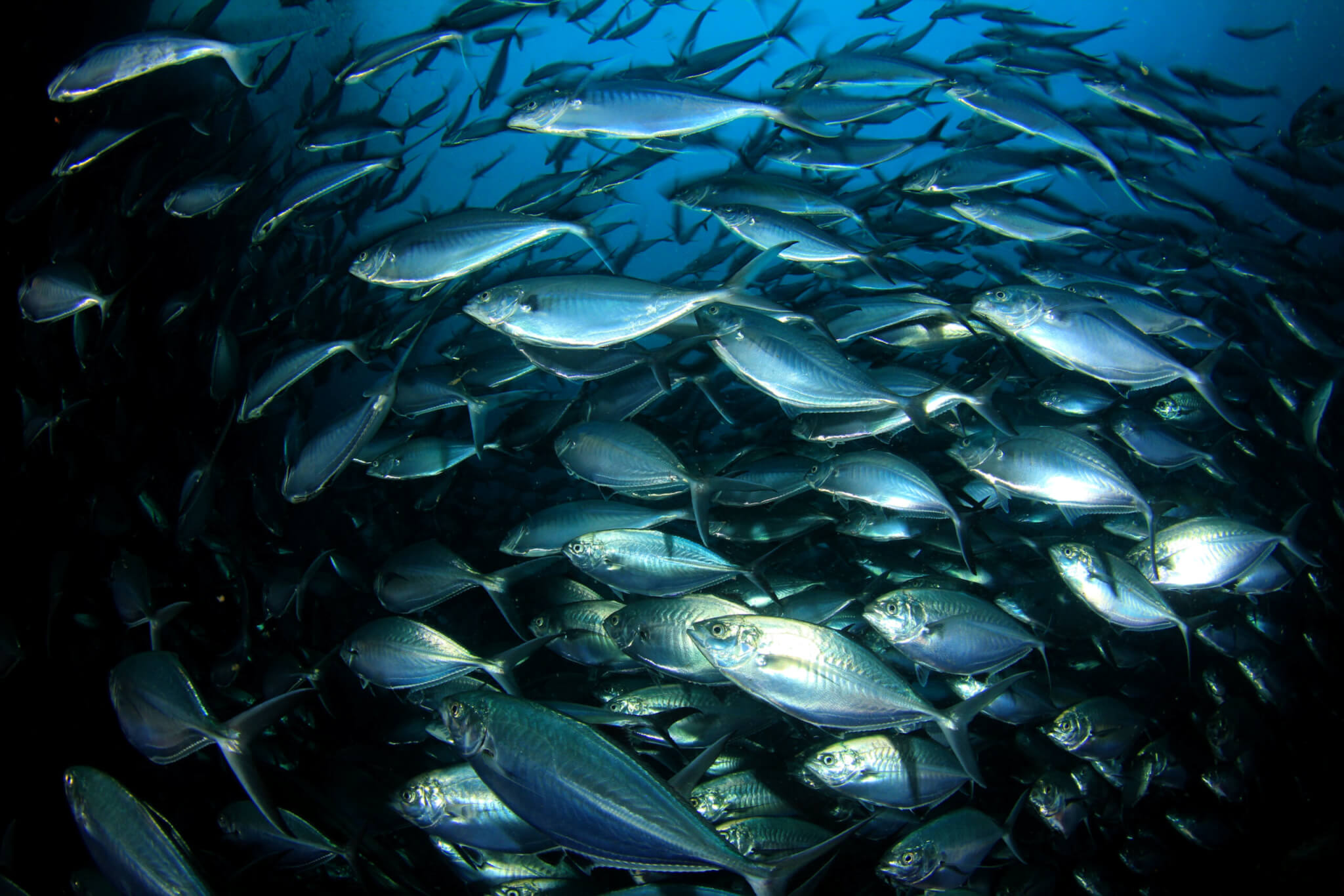
ISSF Report Estimates at Least 1,721 Purse Seine Vessels Authorized to Fish for Tuna Worldwide Today, a Slight Decrease Since 2019 Analysis
The International Seafood Sustainability Foundation (ISSF) has updated its Large-Scale Tuna Purse Seine Fishing Fleets report as of June 2020. The total number of purse seine vessels, calculated based on data from the five tuna Regional Fisheries Management Organizations (RFMOs), has decreased from 1,843 in 2019 to 1,721 today.
#Purse #seine vessels account for approximately 66% of the 4.9-million-tonne annual global #tuna catch. Click To TweetHaving an accurate estimate of active vessels is critical for managing tuna fishing capacity regionally as well as globally. Although purse seine vessels account for approximately 66 percent of the 4.9-million-tonne global tuna catch, multiple databases must be searched to compile a count of all authorized purse seine vessels. To provide an annual best estimate — and to track capacity changes from year to year — ISSF analyzes and aggregates information from the five tuna RFMOs and other sources. As the report explains, these figures still may underestimate the total fleet, because many small-scale purse seiners or purse seiners operating in only one exclusive economic zone (EEZ) do not have to be listed on RFMOs’ records of authorized fishing vessels.
The ISSF report shows approximately 696 vessels (up 1.5 percent from last year) defined as large-scale purse seine (LSPS) vessels targeting tropical tuna species (skipjack, yellowfin, and bigeye), with a combined fish hold capacity of over 874,000 m3 (cubic meters).
Other report findings about the large-scale purse seine vessels targeting tropical tuna include:
- About 17 percent of these 696 large-scale vessels are authorized to fish in more than one RFMO, which should be taken into account in any efforts to manage fishing capacity at a regional level.
- Among the RFMOs, the Western and Central Pacific Fisheries Commission (WCPFC) still has the highest number of LSPS registrations (349), which represents around half of the global fleet.
- The majority of large-scale vessels (517) are registered on the ISSF ProActive Vessel Register (PVR); PVR-registered LSPS represent 74 percent in number and 83 percent in fish hold volume (FHV).
The report also covers purse-seine vessel construction, distribution, and FHV by national flag. It offers recommendations for vessel owners on the use of IMO numbers as unique vessel identifiers and for RFMOs on vessel-data collection and management. View the updated report here. View a related infographic here.


